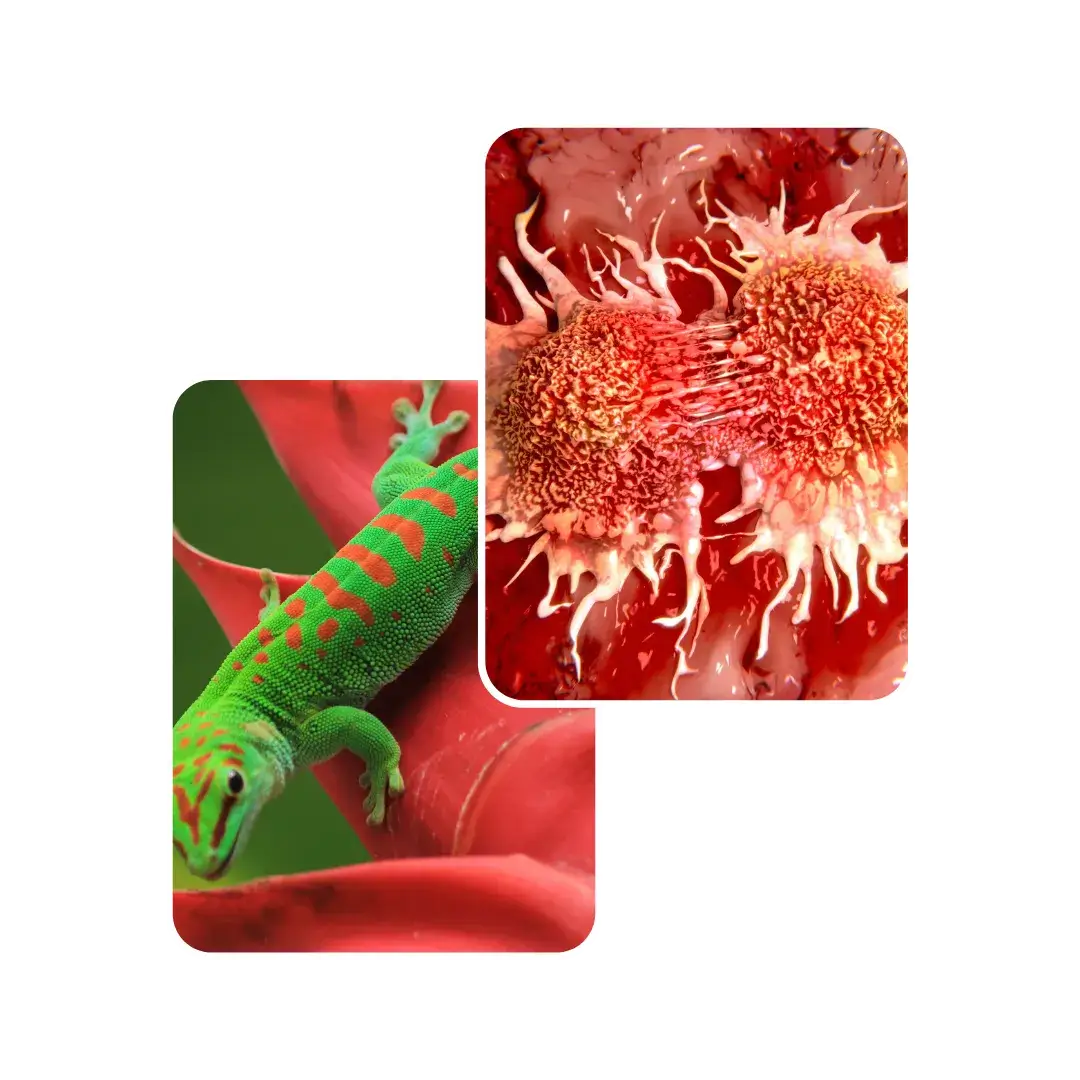

Yes. It could be an abscess (a pus pocket, often from infection), an egg, or a benign cyst. A vet needs to aspirate or biopsy it to know for sure.
For benign, localized growths, yes. For aggressive, malignant internal tumors, removal offers the best prognosis but may not guarantee the growth will not return.
Reptile anesthesia and surgery are highly specialized due to their unique physiology. Expertise is required to safely manage the tiny patient's system during the procedure.
Recovery is usually quick for external tumors. Internal surgery requires intensive post-operative care and a longer recovery period.
Yes. Internal growths can often be confused with eggs (if female), impaction, or severe organ enlargement caused by poor diet (e.g., gout or liver lipidosis).
Your pet deserves expert care – Subscribe now for trusted tips and updates from our pet experts.
